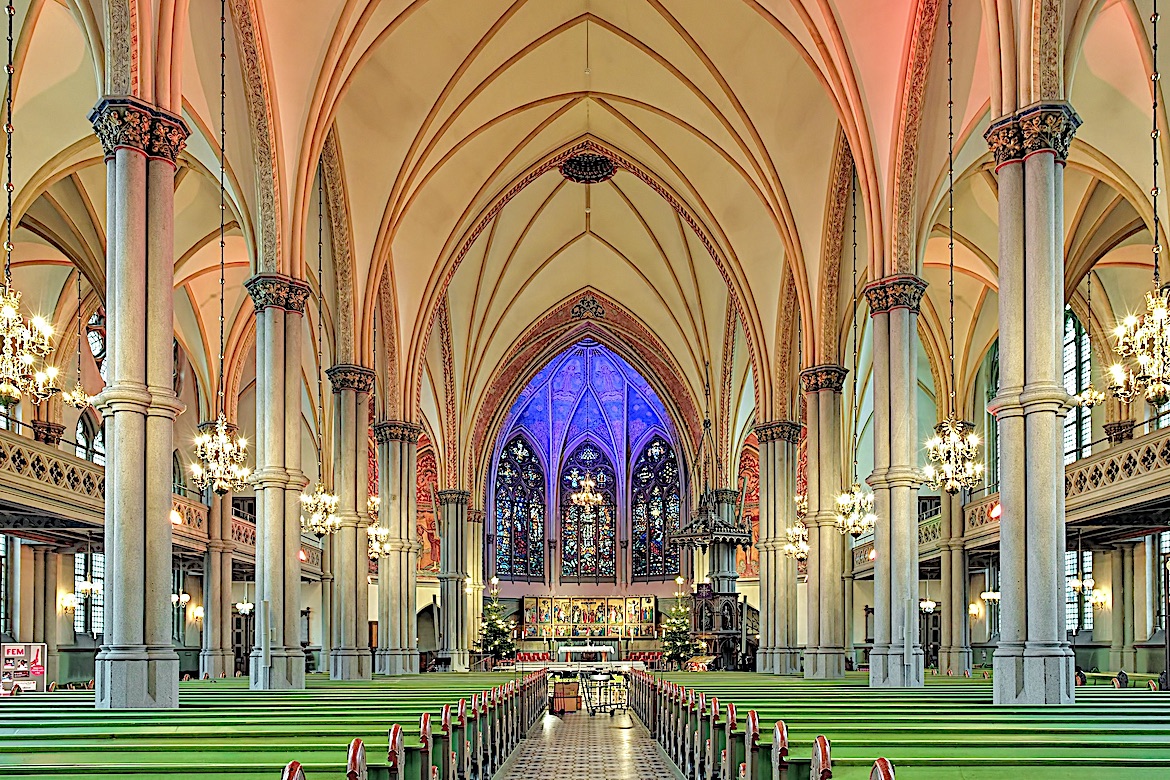The Church of Sweden, established in 1527 by Gustav I Vasa (1496–1560), who served as regent (1521–1523) and later king (1523–1560), is the national church of Sweden. Olaus Petri (1493–1552), a prominent Swedish theologian, played a pivotal role in advancing the Protestant Reformation in Sweden. A key reference text for this transformation was Gustav Vasa's Bible (1540–1541).
Predominantly Lutheran since 1530, the Church of Sweden historically demanded mandatory membership, regular participation in services, adherence to Lutheran orthodoxy, and maintained an overwhelming majority of adherents (95.2% in 1972). Despite this dominance, it has allowed for pluralism and dissent, which at times led to emigration. The church encompasses a variety of theological currents, including Lutheranism, confessional Lutheranism (from the Book of Concord of 1580), Pietism, Rationalism, Liberal Protestantism, Neo-Lutheranism, and Old Lutheranism, among others.
One notable example of religious reflection from this period is Nordische Sammlungen, a radical Pietist text written between 1749 and 1761. The Free Revival Movement in Sweden is associated with Laestadianism, a movement founded by Lars Levi Laestadius (1800–1861), which has since expanded into several branches.
In 2011, the Ecumenical Church (Equmeniakyrkan) was formed through the merger of three denominations: the Baptist Union of Sweden (1848), the United Methodist Church of Sweden (1868), and the Mission Covenant Church of Sweden (1878). This union was initiated by equmenia, an organization of young Christians established in 2007.
---> THE PARISH OF PARIS


